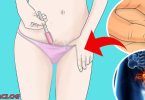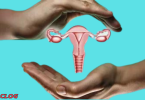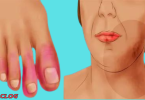Anal cancer is a relatively rare form of cancer that occurs in the tissues of the anus. Like many types of cancer, early detection is critical to successful treatment. Here are five early warning signs of anal fissures
cancer:
Anal bleeding:
Unexplained bleeding from the anus, especially if it is persistent or occurs during bowel movements, can be a sign of anal cancer. This bleeding may appear as blood in the stool, on the toilet paper, or in the toilet bowl.
Changes in bowel habits: Persistent changes in bowel habits, such as diarrhea, constipation, or narrowing of the stool, can be an indicator of various digestive problems, including anal cancer. Pay attention to any long-term, unexplained changes in your usual bowel patterns.
Anal pain or discomfort:
Persistent pain or discomfort in the anal area that is not related to a known cause, such as hemorrhoids or anal fissures, may be a warning sign of anal cancer. This pain can be constant or may be associated with activities such as bowel movements.
Itching or irritation:
Persistent itching or irritation around the anal area, which is not related to known causes such as hemorrhoids, can be a symptom of anal cancer. If you experience persistent discomfort despite attempts at relief, it is important to seek medical care.
Blocks or blocks:
The presence of lumps, bumps, or lumps around the anus or in the anal canal may be an indication of tumors. They can sometimes be felt from the outside or may cause a feeling of fullness or obstruction during bowel movements.
It is important to note that these symptoms can also be caused by various non-cancerous conditions, such as hemorrhoids or infections. However, if you experience any of these symptoms, especially if they persist or worsen over time, it is essential to consult a healthcare professional for a comprehensive evaluation and appropriate diagnostic tests. Regular checkups and early detection can greatly improve anal cancer diagnosis and treatment options.







